The notorious Russian jail holding US journalist Evan Gershkovich
Former inmates describe a facility designed to instil fear, isolation and despair, write Mary Ilyushina, Francesca Ebel and Júlia Ledur
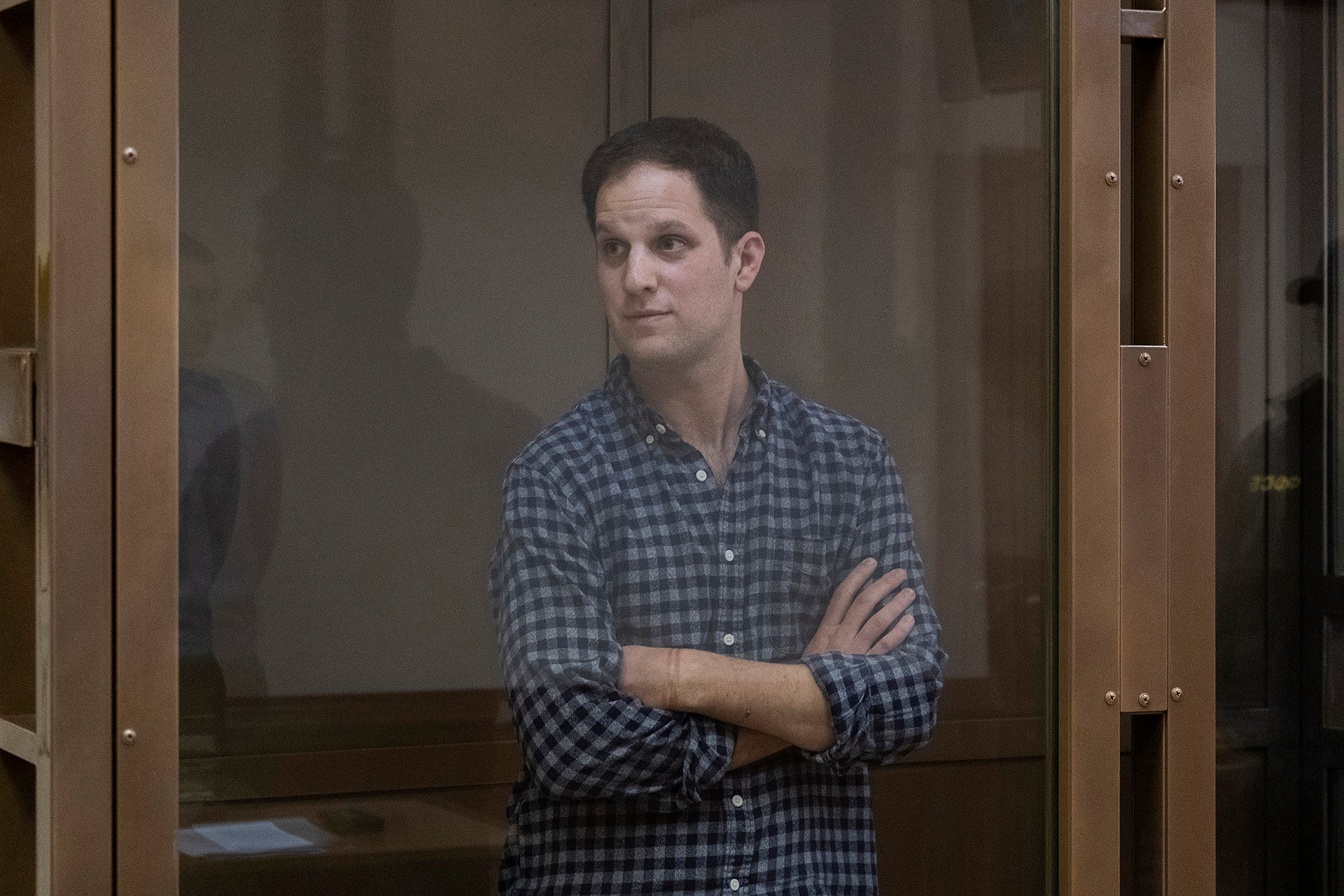
For decades, Lefortovo prison has been a symbol of oppression and control in Russia, especially for those who dare to challenge power. It is within these walls that American journalist Evan Gershkovich, arrested in March, remains detained, awaiting trial on espionage charges – which he, the White House and Gershkovich’s employer, The Wall Street Journal, strongly deny.
Lefortovo serves as a pre-trial detention centre. Still, prisoners can spend years there. Paul Whelan, a former US marine, was at the prison for two years before being convicted on charges of espionage, and is now serving a 16-year sentence at a penal colony.
Based on descriptions by inmates, lawyers and prison monitors, including letters and sketches, as well as documentaries and photos of Lefortovo, we have built a portrait of what life is like inside the prison.
Ivan Safronov, a Russian journalist serving a 22-year sentence in Krasnodar for treason, spent more than two years in Lefortovo, from 2020 to 2022. In a letter about his time there, he wrote: “The purpose is to isolate a person, to ‘freeze’ them in order to get confessions from them.”
Lefortovo was built in the late 1800s, during Tsarist rule, and it lies on the eastern edge of the capital.
The yellow-walled, four-storey building was built in the shape of the letter K. Former inmates describe a facility designed to instil fear, isolation and despair.
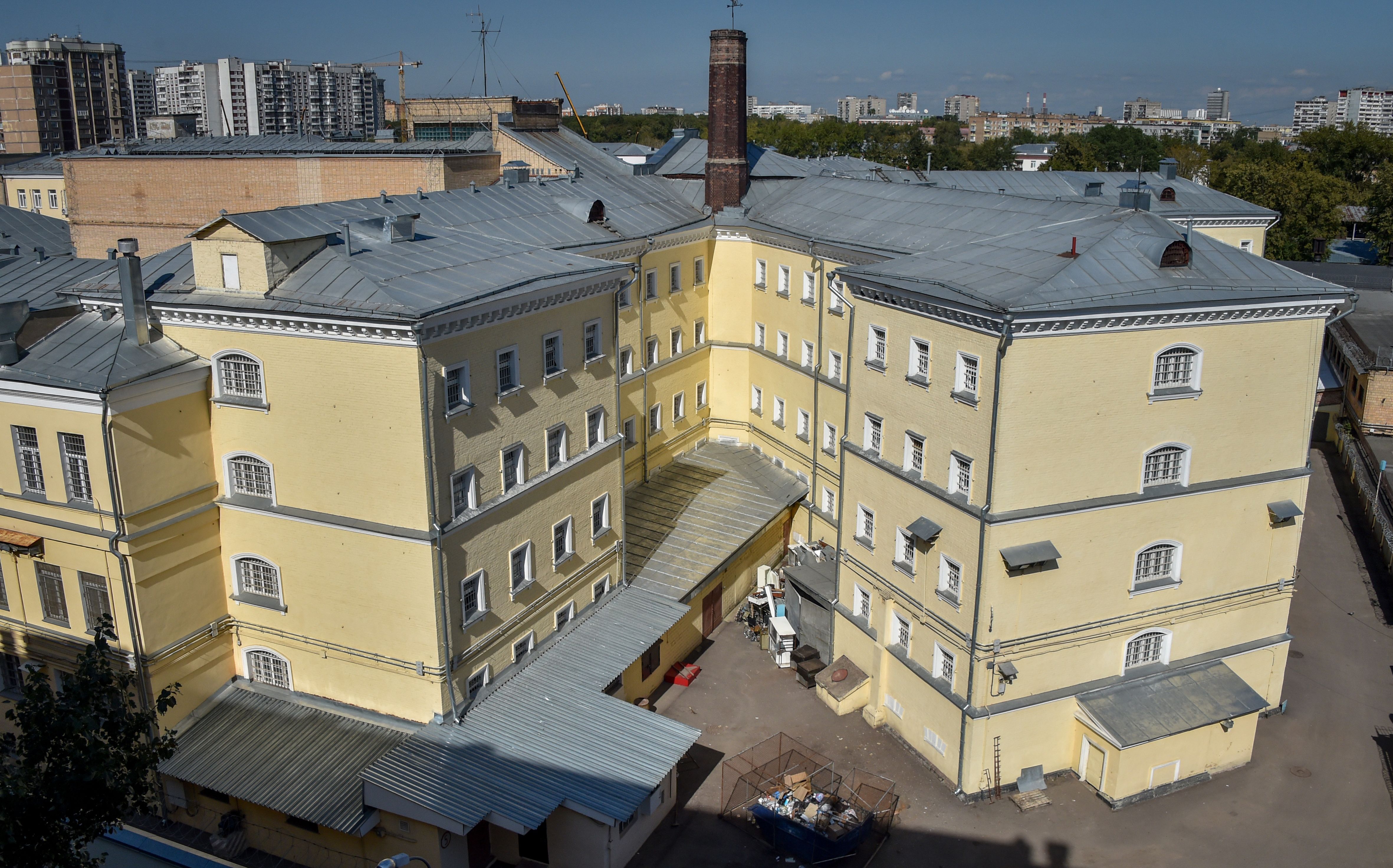
In the corridors outside the cells, all sound is muted by old, worn carpets.
“They are not for beauty or for pleasing the eyes of prisoners, but so that steps do not break the utter crypt-like silence, one that is oppressive and makes your ears ring,” wrote Valentin Moiseyev, a Russian diplomat who was accused of espionage in 1998 and spent three and a half years in Lefortovo, in his memoir How I Was a ‘South Korean Spy’.
During Soviet rule, a KGB wing was added to the compound; this was later occupied by the KGB’s successor agency, the Federal Security Service (FSB). In the early 2000s, Lefortovo was reassigned from the FSB to the Ministry of Justice because of the Council of Europe requirement that prohibits investigative bodies from operating prisons.
But in reality, only a door separates the FSB from the prison, according to a state television documentary about the facility.
Safronov recalled that detainees are allowed daily walks on Lefortovo’s roof, confined to restricted exercise yards. Russia’s penitentiary service regulations say the walks last an hour. A central radio system is often turned on to blast music across the compound – another way to ensure the prisoners can’t hear each other, a guard told the documentarian.
After an initial 10-day quarantine, prisoners are transferred to the cells, where they are either kept alone or joined by one or two cellmates.
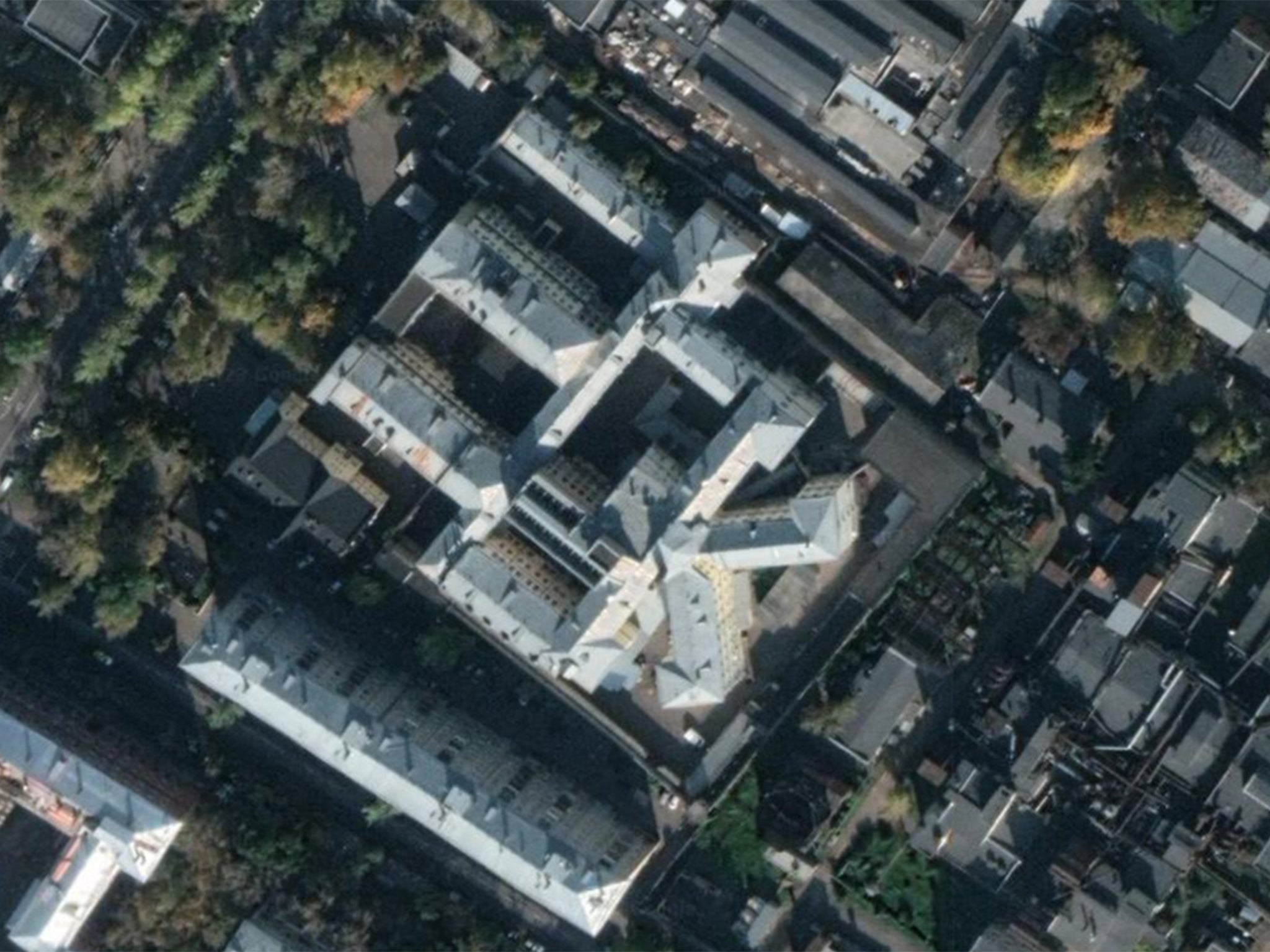
Each nearly identical cell, according to archival plans obtained by Memorial, a Russian human rights group, and confirmed in sketches by Alexei Melnikov, a member of Moscow’s Public Monitoring Commission – an organisation that documents the treatment of prisoners – measures approximately eight square metres, no larger than 85 sq ft.
A small, barred window with limited natural light can be opened using a special lever, allowing prisoners to see part of the sky. The toilet offers little privacy. A tiled half-wall separates it from the nearest bed in the cramped cell. There is also a sink, a refrigerator, and at least one wall cabinet for storing food purchased from the prison store or delivered by family members. A table and chair are bolted to the floor. And there is a TV, which only broadcasts state channels.
Moiseyev wrote in his memoir that during his time in Lefortovo, an officer looked into the peephole every two or three minutes. Detainees leave their cells only for walks, interrogations, medical check-ups or court hearings. They are allowed to take showers once a week, Safronov said.
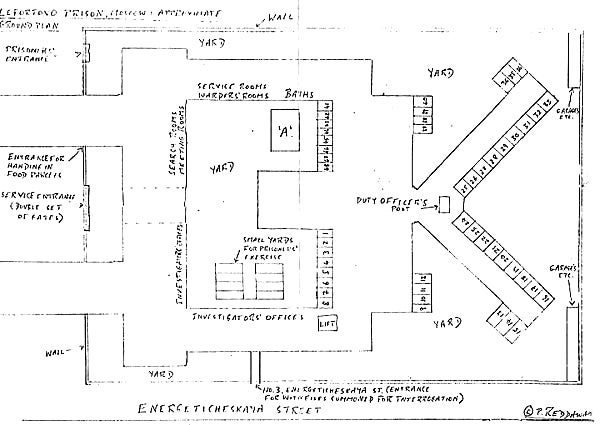
Former inmates and lawyers who have visited Lefortovo describe it as a Soviet time capsule, with shabby floors, thick oil paint on the walls, portraits of Felix Dzerzhinsky, who created the Soviet secret police apparatus, and the smell of dust and old papers.
Lefortovo served as one of the main sites used by the secret police during Joseph Stalin’s Great Purge in the 1930s. It became a place of violent interrogations, torture and executions.
Lawyers, prison monitors and recent inmates interviewed said they had only read of physical abuse in Soviet-era accounts of Lefortovo, and had not experienced it themselves. It’s the psychological pressure that defines the torment of prisoners there.
“In Lefortovo, its well-established regime and the behaviour of the staff suppresses you; from the very first minute, they make it clear that you are nothing, that you are alone here and completely at the mercy of this prison, and that the way out of it is possible only through complete submission to the system that it serves,” Moiseyev wrote.
In his memoir, Russian dissident and writer Eduard Limonov described how detainees are escorted from their cells to the interrogation rooms to the sound of ominous metallic clicks. Prison guards snap their fingers or use special metal clickers to warn everyone around to clear the path. The prisoner must not be allowed to see another prisoner in convoy on their way through, Limonov wrote.
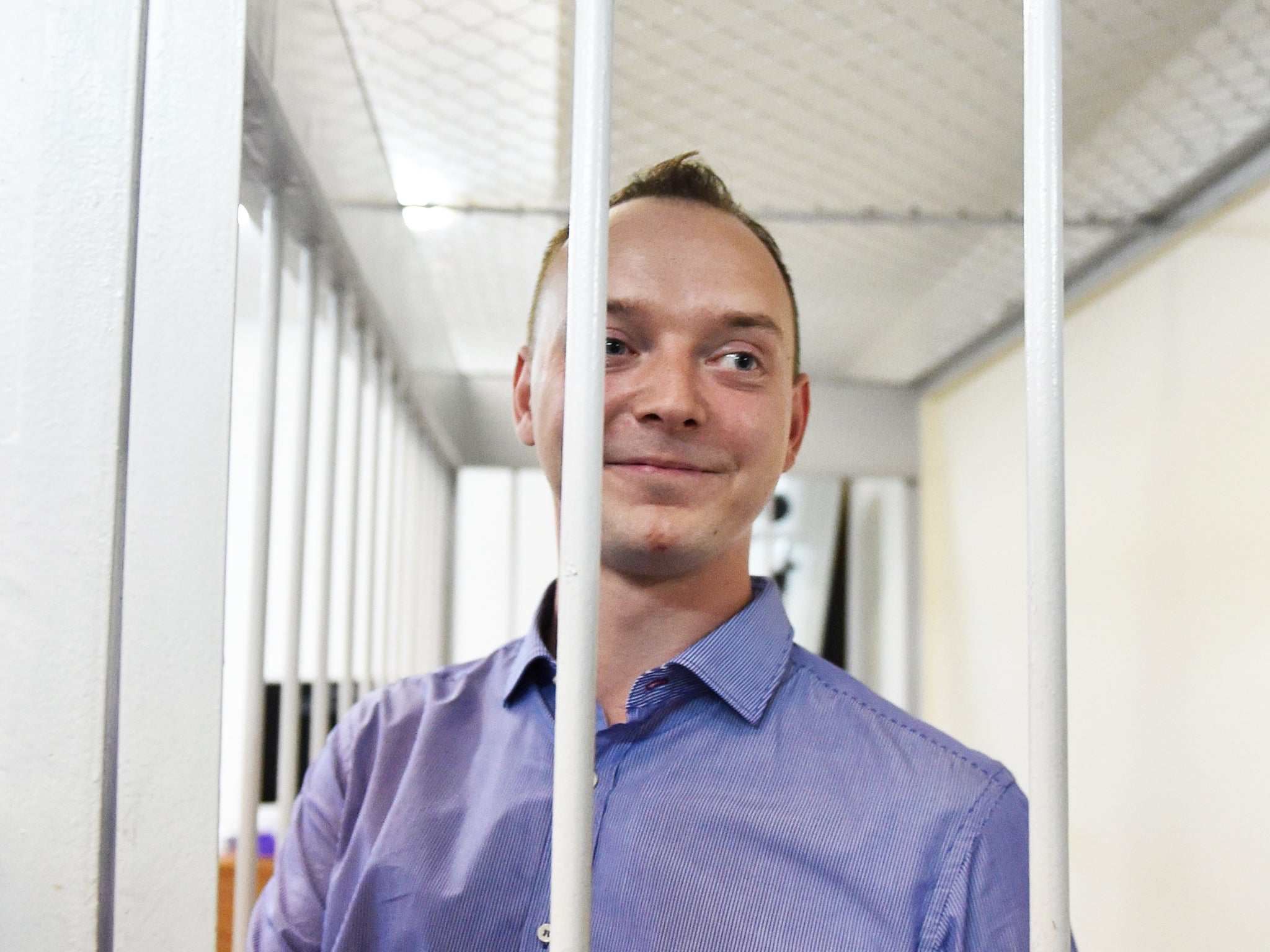
“Though they are not beaten, prisoners find themselves in harsh conditions where the possibility of any communication between cells is ruled out,” Melnikov says.
Safronov wrote in his letter that it took him six months to adjust to life inside Lefortovo. “The rules of entry into this prison are also the toughest out of all Moscow detention facilities,” says Vadim Prokhorov, a prominent Russian lawyer who has frequently visited his clients there, describing how he is thoroughly checked by the prison authorities when going in and out of Lefortovo.
Prokhorov explains that there are only about six rooms in the compound allocated for meetings with prisoners, hardly enough for the 200-300 people held there on average, most of whom are part of high-profile cases and need frequent communication with their legal teams. “I’m sure this is done on purpose,” the lawyer says. “Scarcity and deficit are always beneficial to the officials within a totalitarian system.”
According to Prokhorov, in 2016, lawyers used a draw – numbers in a bag that offered a certain time slot – that would guarantee them access to their client at least once every other week.
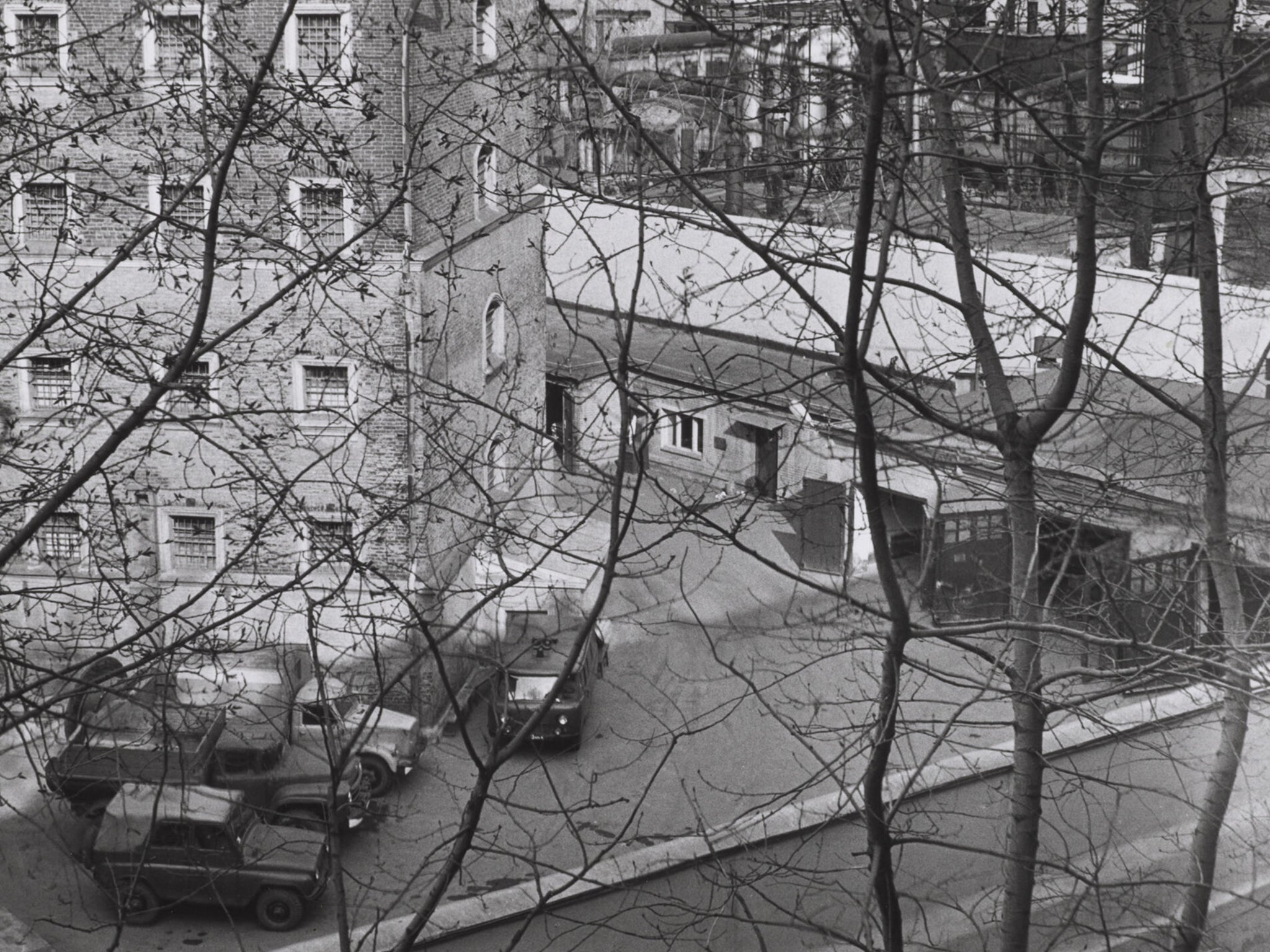
While prisoners are restricted from interacting with anyone but their cellmates, lawyers, and the prison guards, they are able to send and receive letters. These letters, as in any penitentiary institution in the world, are read and censored.
Technically, phone calls are allowed, but prisoners must file a petition, and authorities then review and ultimately have the right to veto requests.
“Since I did not admit guilt, I got only one phone call during my two years in Lefortovo,” Safronov wrote.
Lefortovo is reported to have a good library. Books are routinely checked to ensure that there are no notes or messages in the margins.
Gershkovich’s lawyers say he is keeping himself busy while at Lefortovo.
Following a court appearance in mid-April, attorney Tatyana Nozhkina said Gershkovich remains upbeat and in good health. He spends his time watching culinary programmes on TV, exercising and reading Russian classics, including Leo Tolstoy’s War and Peace.
© The Washington Post






Join our commenting forum
Join thought-provoking conversations, follow other Independent readers and see their replies
Comments